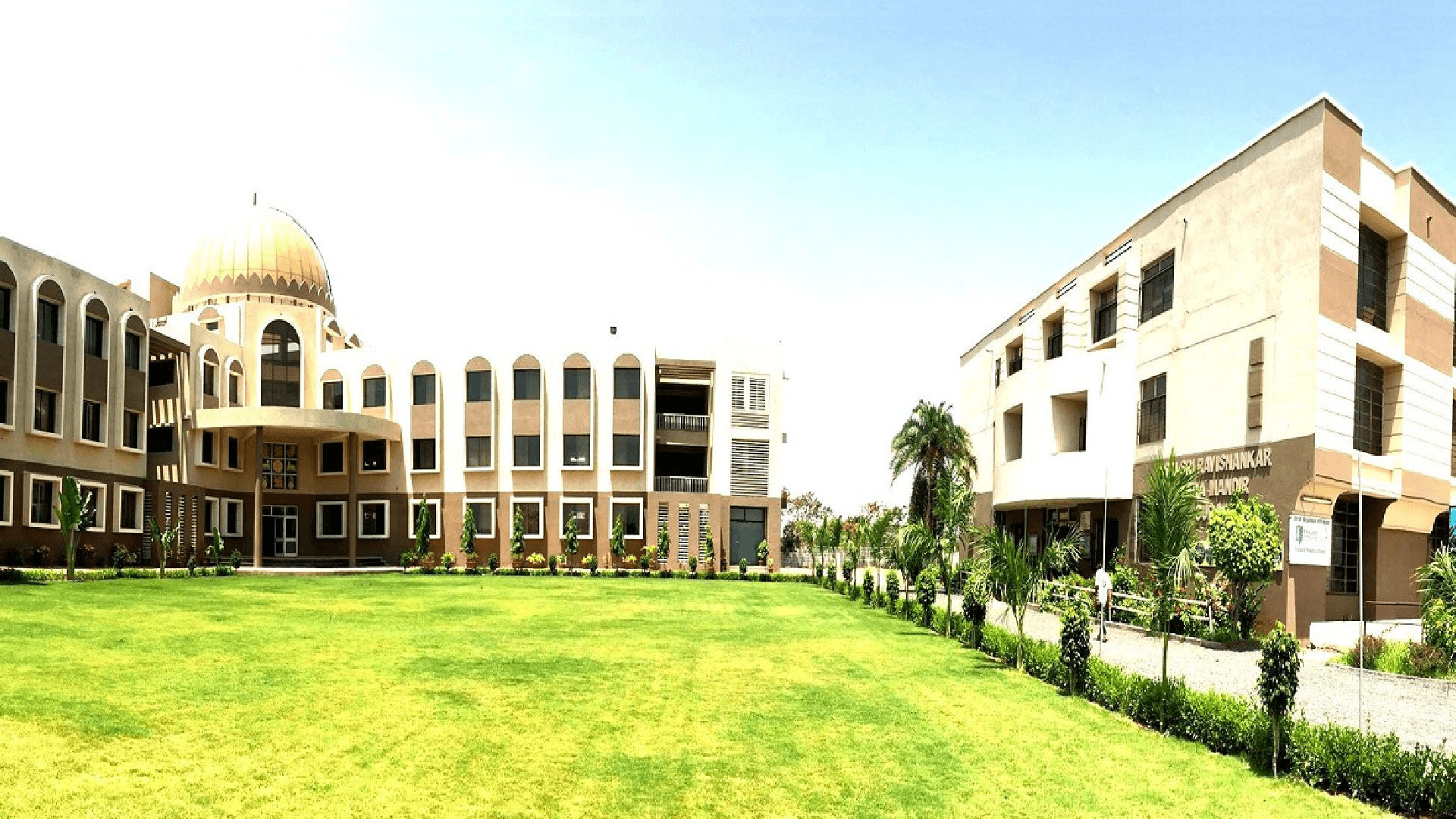How CBSE-Affiliated Schools in India Are Adopting Creative Learning Techniques
Introduction
The education system in India is undergoing significant changes, with CBSE-affiliated schools in India embracing creative learning techniques. These methods move beyond traditional rote learning, focusing on skills like critical thinking, problem-solving, and collaboration to prepare students for the future.
Benefits of Creative Learning in CBSE Schools
- Encourages curiosity and hands-on exploration.
- Fosters critical thinking and real-world problem-solving.
- Promotes collaboration and teamwork.
- Moves away from rote learning to engage students in meaningful ways.
- Develops well-rounded individuals ready for modern challenges.
Role of CBSE in Promoting Creative Learning
CBSE-affiliated schools in India have benefited from CBSE's educational reforms. Key initiatives include:
Continuous and Comprehensive Evaluation (CCE): Holistic assessment of students.
Activity-Based Learning: Incorporating group work and interactive tasks for deeper understanding.
Creative Learning Techniques in CBSE Schools
1. Project-Based Learning (PBL)
Students solve real-world challenges through long-term projects.
Promotes teamwork, creativity, and a deeper understanding of subjects.
CBSE-affiliated schools in India are integrating PBL across subjects.
2. Experiential Learning
Emphasises "learning by doing" through simulations, role plays, and field trips.
Helps students grasp practical applications of theoretical concepts.
Widely used in CBSE-affiliated schools in India to make learning more engaging.
3. Technology Integration
Digital tools like smartboards, e-learning platforms, and virtual labs personalise learning.
Virtual reality (VR) and augmented reality (AR) offer immersive experiences.
Technology-rich environments in CBSE-affiliated schools in India are helping students stay ahead.
Art, Music, and Creative Learning
Art and music are key tools in boosting creativity and emotional intelligence.
CBSE-affiliated schools in India encourage students to express themselves through these subjects.
These creative subjects help build cognitive and problem-solving skills.
STEM Education and Innovation Labs
- CBSE-affiliated schools in India are heavily investing in STEM (Science, Technology, Engineering, and Math) education.
- Innovation labs for robotics, coding, and 3D printing encourage students to experiment and innovate.
- STEM projects promote teamwork and design thinking, preparing students for future careers.
- Flipped Classrooms: In flipped classrooms, students learn at home and apply knowledge in class through discussions and activities. CBSE-affiliated schools in India use this technique to increase engagement and promote active learning. Flipped classrooms encourage students to take charge of their learning process.
- Collaborative Learning Strategies
Group discussions and peer learning help students collaborate effectively.
CBSE-affiliated schools in India use collaborative learning projects to improve communication, teamwork, and leadership skills.
Working in groups fosters a sense of community and improves problem-solving.
Gamification in Learning
Using game-based elements such as quizzes and simulations, CBSE-affiliated schools in India are making learning fun.
Gamification improves student participation and enhances retention through interactive and competitive activities.
Critical Thinking and Problem-Solving
CBSE-affiliated schools in India prioritise critical thinking by encouraging students to approach challenges creatively.
Problem-solving activities such as case studies and debates sharpen analytical skills and prepare students for real-world scenarios.
Challenges in Adopting Creative Learning
Resistance to change from traditional teaching methods.
Resource constraints in rural areas may limit access to new technologies.
Teacher training is crucial to ensure the successful adoption of creative methods in CBSE-affiliated schools in India.
Future of Creative Learning in CBSE Schools
The future looks bright as CBSE-affiliated schools in India continue to adopt innovative teaching techniques.
Technology, interdisciplinary learning, and creative assessments will likely become even more central to the education system.
Conclusion
CBSE-affiliated schools in India are transforming education by embracing creative learning techniques that foster innovation, collaboration, and critical thinking. With project-based learning, technology integration, and hands-on experiences, these schools are preparing students for future success in an increasingly complex world.
FAQs
What is Project-Based Learning in CBSE schools?
Project-Based Learning (PBL) involves students working on real-world challenges, helping them develop critical thinking and collaboration skills in CBSE-affiliated schools in India.
How do flipped classrooms work in CBSE schools?
Flipped classrooms allow students to learn theory at home and engage in activities and discussions in class, an approach commonly used in CBSE-affiliated schools in India.
What role does technology play in creative learning?
Technology helps personalise learning, with tools like smartboards, e-learning platforms, and virtual labs being widely used in CBSE-affiliated schools in India.
What are the main challenges in adopting creative learning techniques?
Some challenges include resistance to change, limited resources in rural areas, and the need for teacher training in CBSE-affiliated schools in India.
What is the future of creative learning in CBSE schools?
CBSE-affiliated schools in India will continue to adopt innovative, student-centred teaching methods, with technology playing a major role in future developments.

